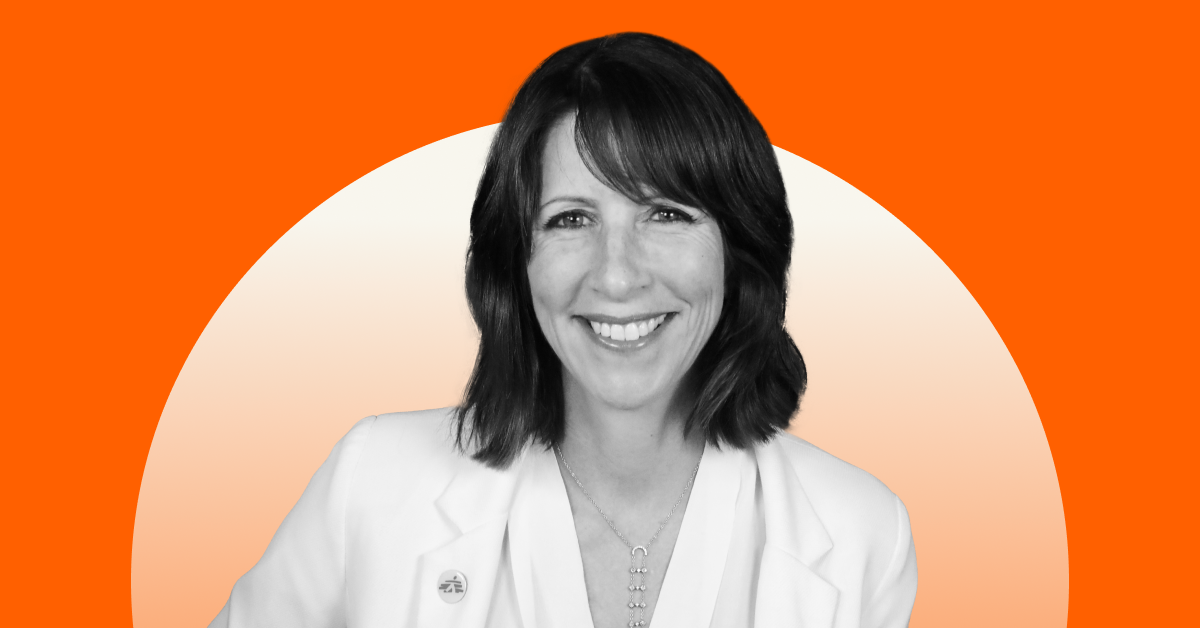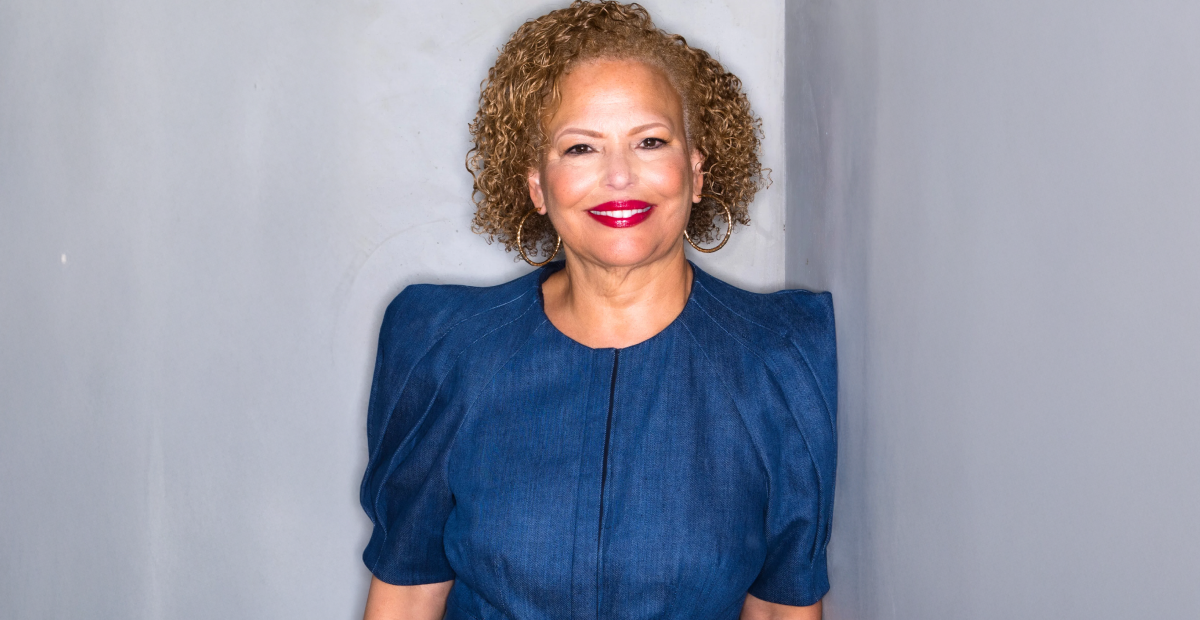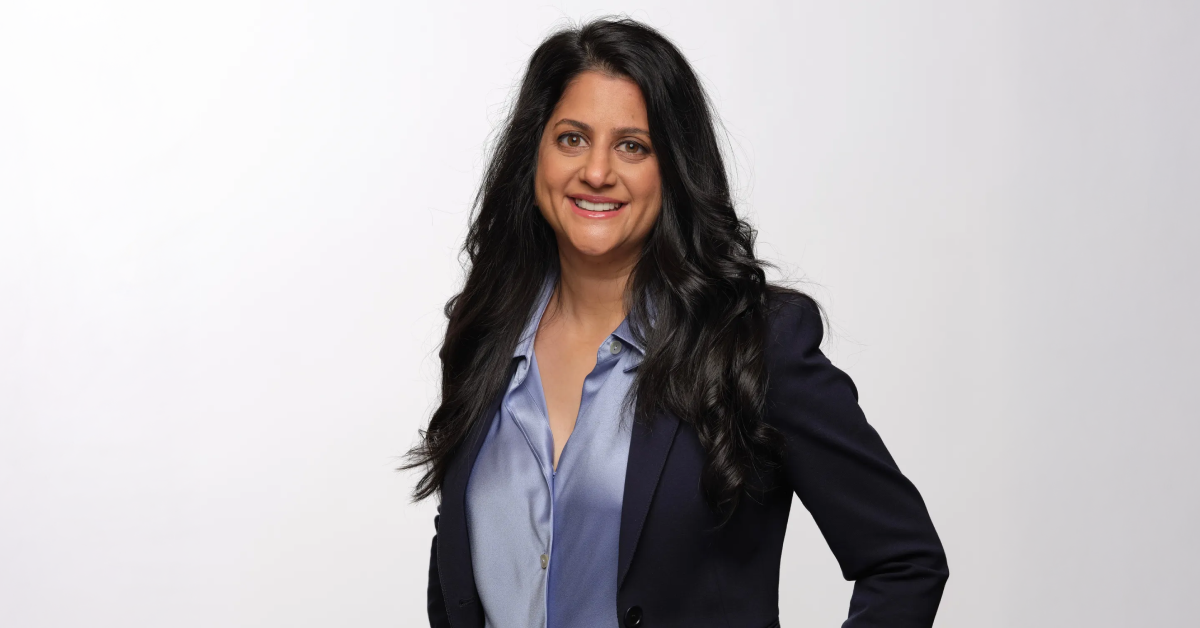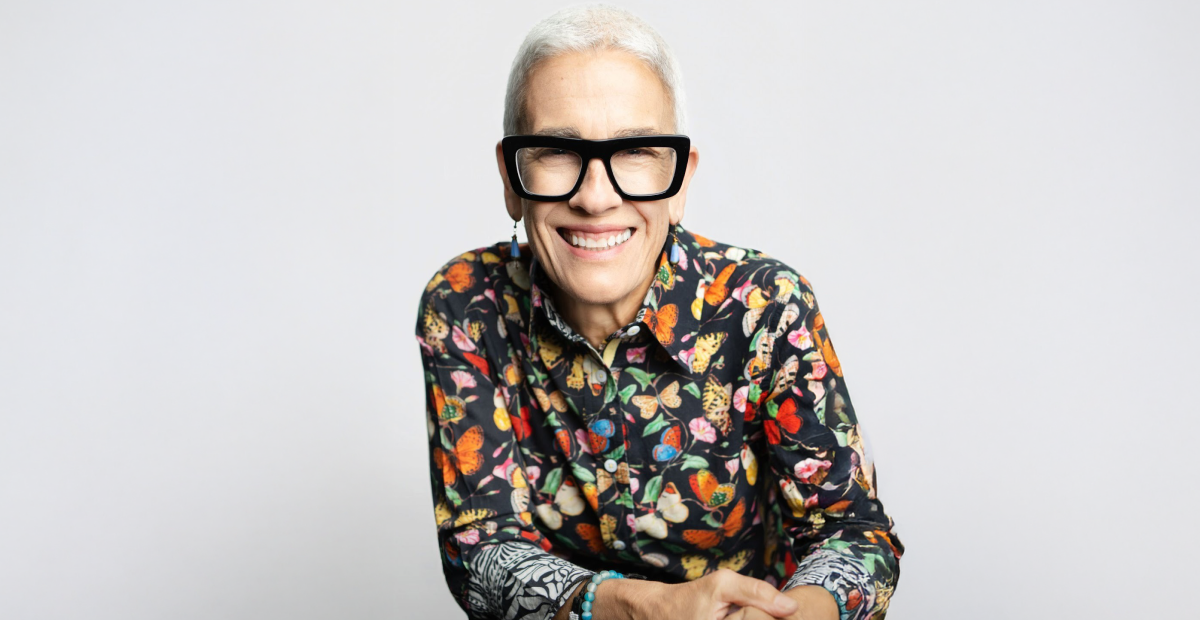The biggest career wins often come with risk. On our series, The Big Bet, Chief speaks with some of the most powerful members in our network about that single moment when they bet on themselves — and won.
Avril Benoît had worked as a journalist for 20 years, and was well-known as a broadcasting reporter and radio personality at the Canadian Broadcasting Corporation, when she realized she wanted to do more than report on the humanitarian crises happening around the world. “On my radio program, I interviewed a lot of nonprofit leaders and I would think, ‘Wow, I could have done a better job explaining why we should care about this cause,’” she says. “I thought this is probably a skillset that would be valuable in nonprofit leadership.”
Her big bet paid off. In 2006, Benoît left journalism, took a pay cut and embarked on her first-ever management role at Médecins Sans Frontières, also known as Doctors Without Borders. For six years, she served as the director of communications in Toronto. Next, she became a project coordinator in South Africa and South Sudan, and a country representative in Mauritania. Then, she accepted the director of communications and fundraising role in Geneva. Now, as the organization’s U.S. executive director, she leads 200 full-time staff in supporting medical humanitarian operations in more than 70 countries, and oversees the fundraising for one-third of the global budget.
What’s unique to the organization is that staffers in senior roles have six-year term limits, which means Benoît’s role already has an expiration date, so she doesn’t “think too much about the long term,” she says. Rather, she tackles the tasks at hand. “If we fail to engage with Americans and help them to understand why they should care or support us, then we have to close operations and stop saving lives,” she says.
In this edition of the Big Bet, we speak with Benoît on the benefits of making lateral moves, the mental care required of a stressful leadership role, and how Chief offers the mentorship she never had in her early career.
On Not Giving Up
“I didn't even get an interview the first time I applied. Then the job opened up again because I guess they had an unsuccessful hire. So six months later I applied again. I had to jump through what felt like 10 fiery hoops to get the job. It was such an extended recruitment process involving multiple panels and reviews and reference checks. I had to do psychometric testing. The process was long and torturous, but once they hired me, I really hit my stride. The organization has a newsroom culture in the communications department, and I thrived among peers who had that sense of urgency and passion that I recognized from my journalism colleagues.”
On Applying Your Skills to Another Industry
“Over the course of my career, I was invited to meet civil society leaders in the education space, and I discovered a number of people leading NGOs had backgrounds in journalism. I would ask them, How did you end up where you ended up? What was your pathway? It occurred to me that my skills could be useful [in humanitarian aid]. What these former journalists would tell me is that when you come from a journalism background synthesizing complex issues, you understand a broad range of policy questions enough to do your reports with a sense of urgency, a sense of social justice. It’s what drove my journalistic investigations — wanting to look at things from all angles.”
On Managing a Stressful Job & Making Tough Decisions
“I think one of the reasons that my big bet worked is that in broadcast journalism you develop a thick skin for the stresses and politics of the environment you’re in. You learn to compartmentalize in a way that is absolutely essential. Medical clinicians do this as well. Recently I was in South Sudan, and you see the needs that are enormous, with high levels of just about every disease possible. It’s overwhelming. A clinician might approach it and say, ‘I have one patient in front of me, this young child with malnutrition, and I will treat this child and this child will get better, and I will have made a difference.’ When I'm on the ground, I am not there to feel, I am not there to cry. I have to be on top of everything going on in our operational spaces around the world. I stay focused on that. There are sometimes impossible choices to make — ethical dilemmas in terms of operational decision-making and where to intervene, where not to intervene. In the humanitarian field, there's so many complex geopolitical issues that can interfere with one's willingness to jump in. It's just not always possible. But I approach it frankly with the courage of the organization. That's kind of an organizational ethos, to have courage, use our expertise and trust ourselves to make hard decisions.”
On Making Personal Choices to Make Space for Career Peaks
“I had the tremendous fortune of having my kids young. That was something I thought about when I was a young journalist. I concluded that if I was going to peak in my career in my 40s, it was better to have older kids than babies. I have two children and when they were off at university, I was an empty nester, and I was able to go into operations on the ground in different countries. That opened the door to more leadership roles. My kids are now 30 and 32, and now that they're fully launched, independent, wonderful adults, I'm able to do what I do.”
On Being Exposed to as Many Jobs as Possible
“I left a secure job with a higher pay to go into a sector and a role I didn't know. I did as much homework as I could, but when I look back, I realize I made a lot of lateral career moves to expose myself to new things. It always paid off. [My advice to younger professionals is] trust your instincts because that's largely what I was doing. There are benefits to having exposure to different kinds of jobs. I shifted from radio to print to TV. In my work at Doctors Without Borders, I shifted from communications to operations and fundraising to general leadership. I was always game to be thrown into different emergency settings, too. One of the tremendous gifts that the organization has given me is the constant challenge. There's always something new.”
On Navigating a Career Without a Mentor (& How Chief Offers Peer Support)
“I didn't have any insiders in my life in this field. I was a complete outsider. I have my friends and family, but I didn't have a mentor pulling me up. I joined Chief in early 2020. As a newcomer to New York and a leader who is sometimes lonely at the top, I found it heartening to have access to a group of peers in different sectors, jobs, and industries who are nonetheless going through similar things. We all had to adapt quickly to the pandemic and the racial reckoning, and all the strains and stresses of being a leader. Chief was helpful in creating a sense of support and navigating how we could show up as leaders.”
On What the Future of Leadership Holds
“My only prediction is that things will become less binary. We have to not just think of women and men, but keep our eye on all underrepresented people. I think we're probably going to see the full spectrum of people in leadership, and that will be a good thing.”



